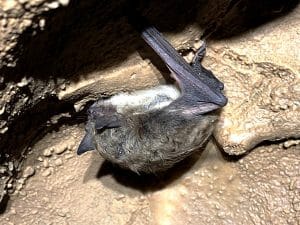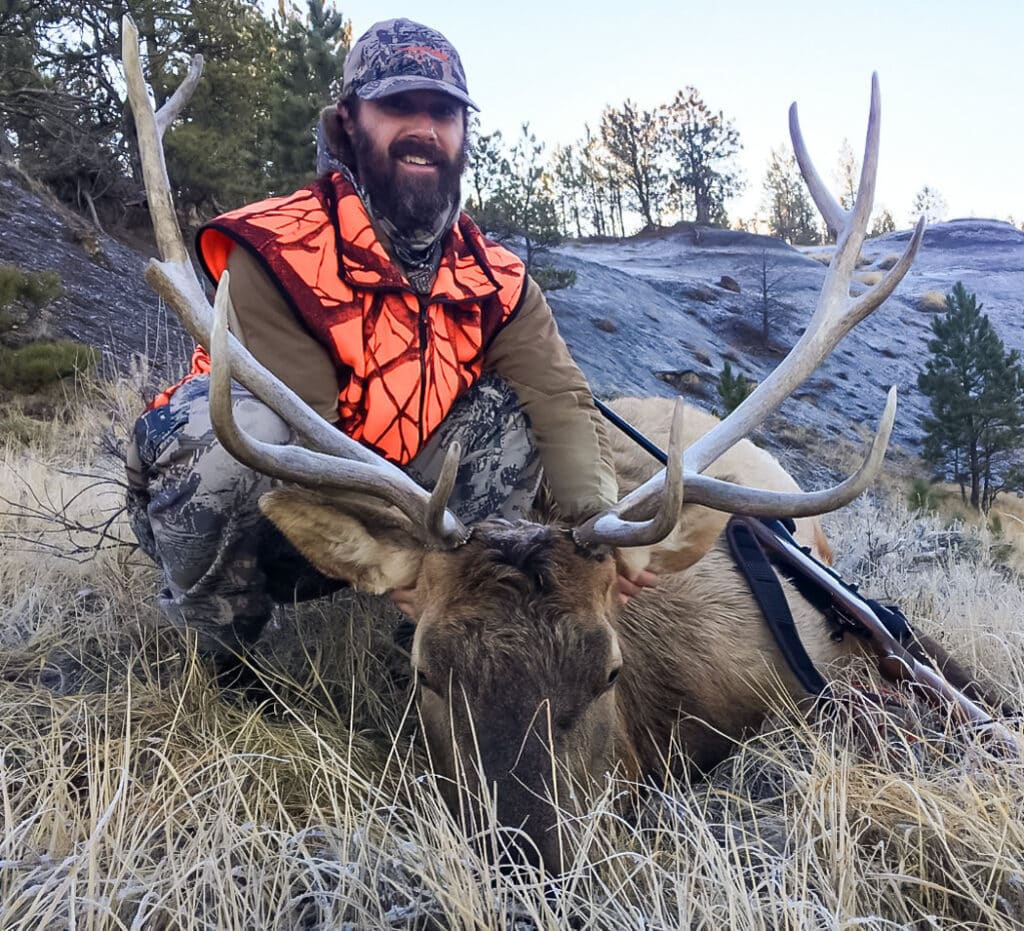
WNS has not arrived in Montana yet but most scientists agree it is only a matter of time before it arrives. Scientists from the state have been working hard for nearly 10 years trying to understand the life cycle and habits of bats across the state. With a better understanding of these things, scientists can truly gauge the impact of WNS on Montana’s bats and make informed management decisions that may impact bats.
As a caver, I have been very fortunate to assist state and federal scientists and land managers access bat hibernacula and roosts in caves. During the winter biologists from the Montana Natural Heritage Program and Montana Fish Wildlife and Parks have been trying to determine the places where bats hibernate and increase their understanding of the lives bats lead. During the spring, biologists enter caves to monitor bat hibernacula and test bats for the fungus that causes WNS.
Recently, I asked my friend and fellow caver Lauri Hanauska-Brown (the Non-Game Wildlife Management Bureau chief for Montana Fish, Wildlife & Parks), what is one thing that would really help bats? The answer she gave was much simpler than I anticipated. She said bats and other non-game wildlife would really benefit from a dedicated source of funding to prevent them from becoming endangered. The best way to get that funding she told me, would be for Congress to pass the Recovering America’s Wildlife Act (RAWA).
The Recovering America’s Wildlife Act would secure almost $30 million annually to the state of Montana for conservation actions targeted at bats and hundreds of other Montana species. This money could make a large impact on the programs that are helping biologists understand bats and hopefully help them weather the coming storm.
As a caver and bat enthusiast, I am asking that you help me protect bats and other non-game species by sending a message to our congressional delegation and ask them to support the Recovering America’s Wildlife Act.
Click here to send a message to Representative Gianforte and ask him to support the Recovering America’s Wildlife Act.
By MWF Member and Engagement Coordinator Zach Angstead.

